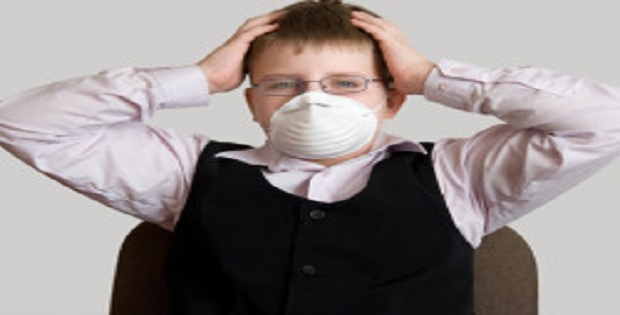Causes of Bad Breath in Children

Bad breath often happens to adults. But children are not immune it, even at the very young age. So if you are a parent or taking care of a child, you must realize the things that you should do in order to prevent bad breath in children.
To begin with, let us discuss the causes of bad breath. This will enable us to determine the things your child should avoid and the things your child should do to prevent the occurrence of bad breath.
There are 4 major causes of bad breath in children: xerostomia, periodontal diseases, nasal infection, and poor oral hygiene.
- Xerostomia (dry mouth). Dry mouth breeds bacteria. Bacteria break down sugar and protein to produce by-products called VSCs or volatile sulphur compounds. VSCs cause bad breath. And dry mouth is caused by several things, usually, avoidable ones. Sinus infection, allergies and recurrent colds lead to post-nasal drip. This forces your child to use his mouth in breathing which will cause the mouth to dry easily. Another cause of xerostomia is blanket sucking. Child often does this as a habit. Any foreign object trapped in the nose of your child can prevent a free flow of air on the nostrils which makes breathing hard. This also forces your child to breathe to his mouth and will, in turn, dry his mouth.
- Periodontal diseases. Bad breath is also associated with periodontal diseases such as tooth decay, gingivitis, and plaque. Often, cavities provide a venue for food particles to reside in the teeth that would further cause bad breath.
- Nasal infection. This happens when a foreign object is stuck and infects in your child’s nose. This creates discharge that is often odorous.
- Poor oral hygiene practice. Children love to eat but hate to clean their teeth. This results to food particles being stuck in between their teeth. Sweets that contain sugar and dairy products that contain protein, which by the way are two of the most popular types of foods your child want to eat, are broken down by bacteria residing inside their mouth, which produce VSCs. Simply put, bad breath occurs when food particles remain inside your child’s mouth.
Check out the next article How to Prevent Bad Breath in Children











